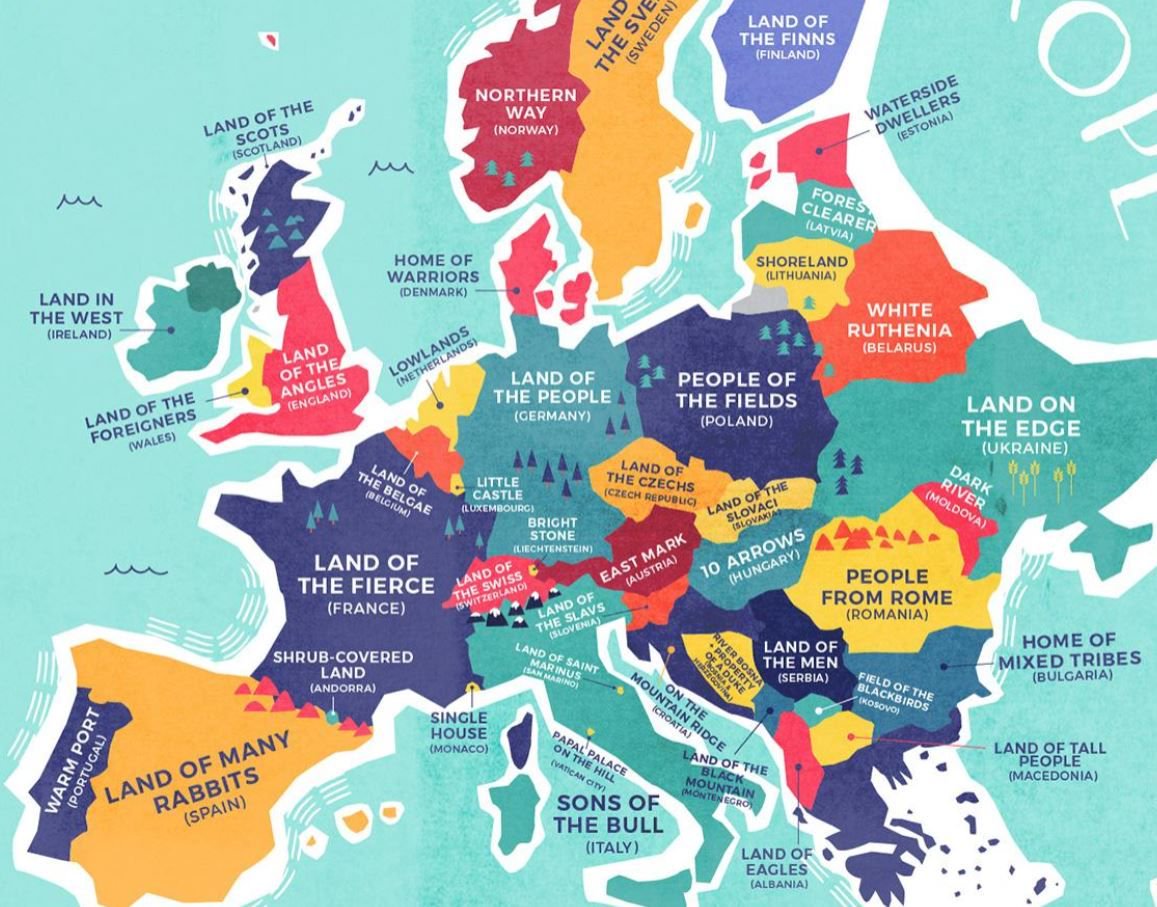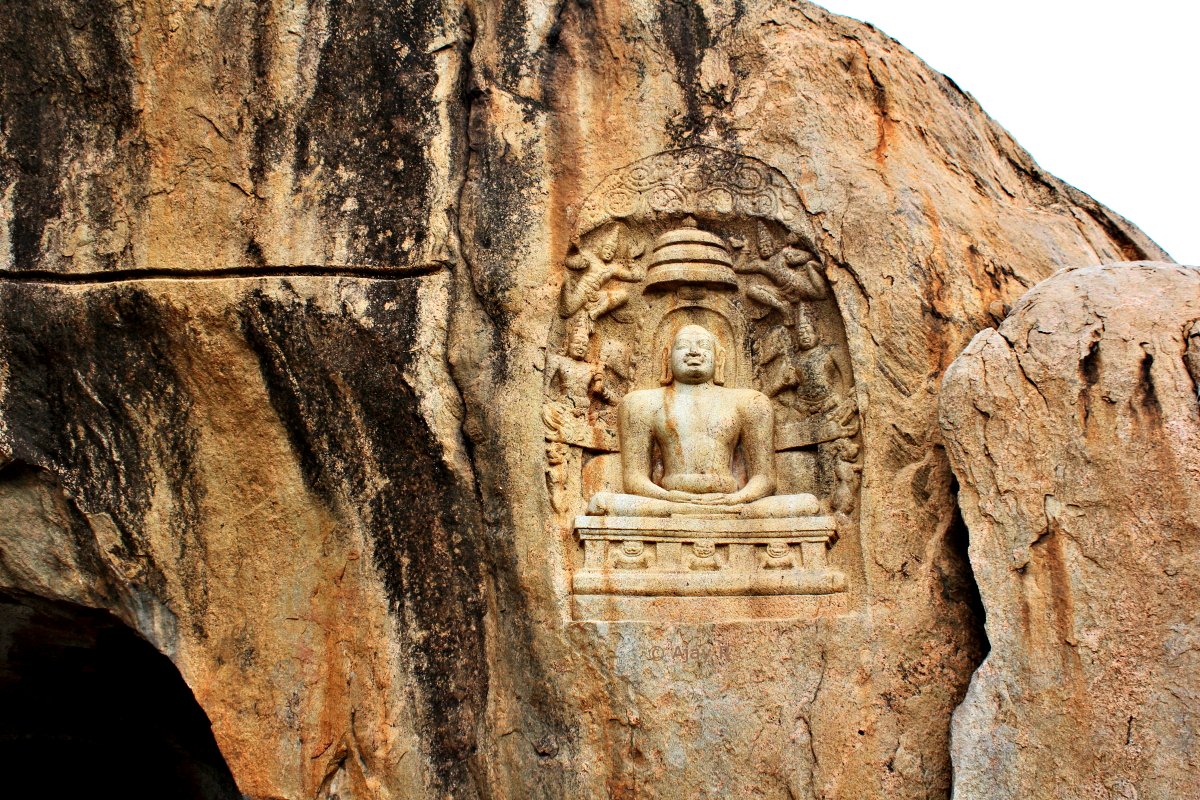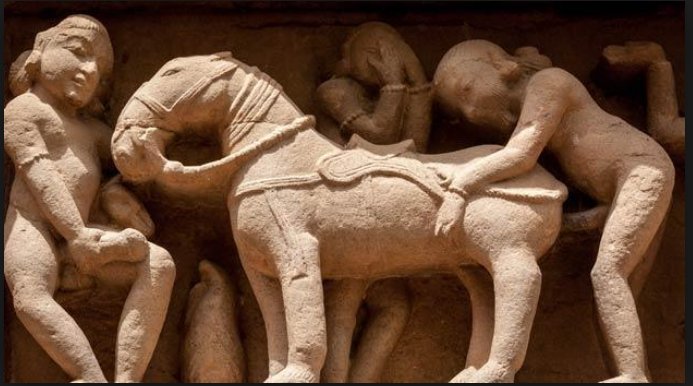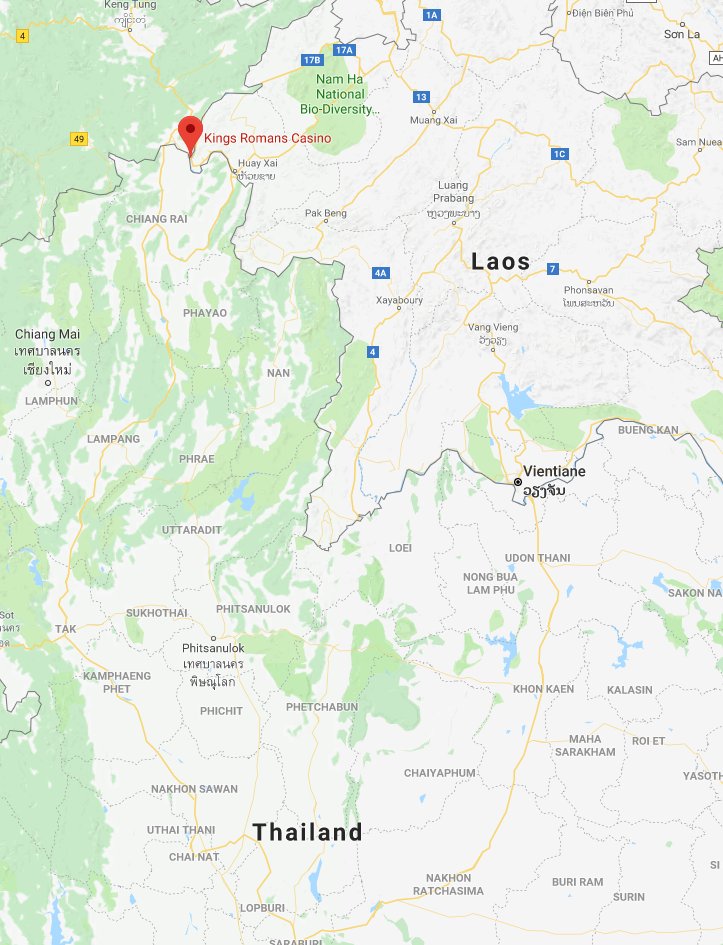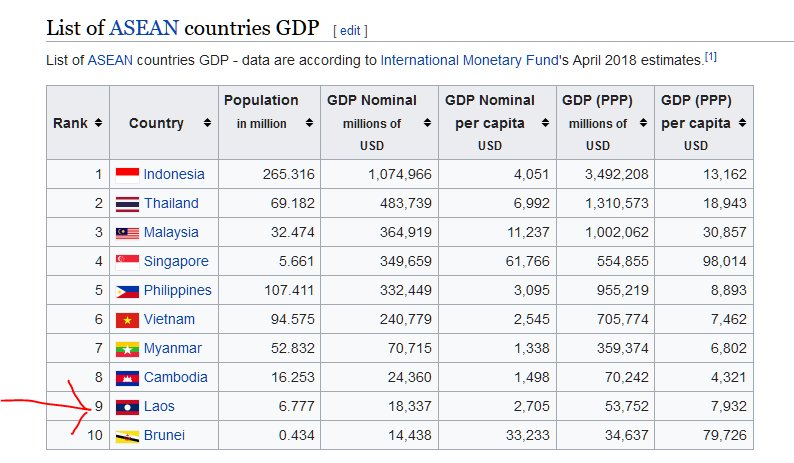Salt is an important source of wealth in ancient history, as humans (like all animals) need to consume salt to survive.
facebook.com/Provadia.Solni…
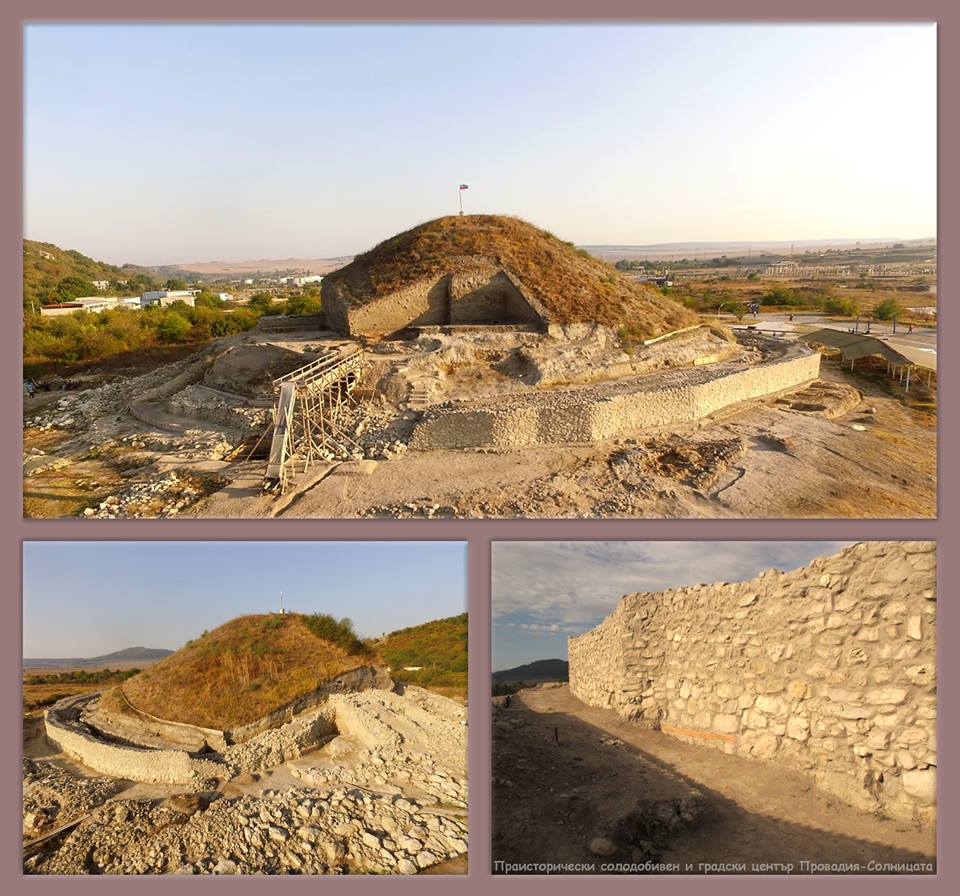
en.wiktionary.org/wiki/%E1%BC%85…
We should take these hypothetical derivations of Proto-Indo-European with a bunch of salt. 😀
It is far more likely that the Indo-European tribes got their salt from the ground. From salt mines in the mountains.
I think this is connected to the word for ground: French "sol", Latin "solum" etc.
I think the Endonym for Greece "Hellas" might also be connected to this word Ἕλος.

